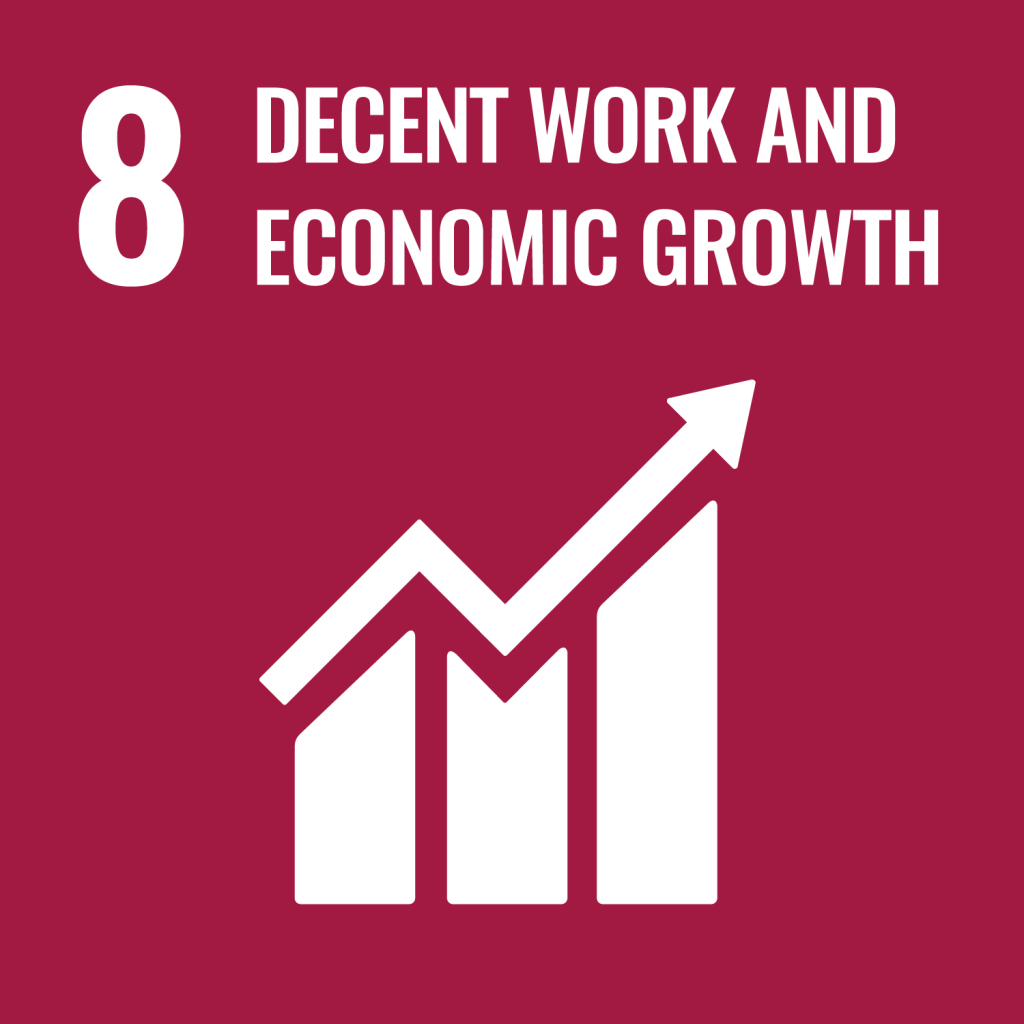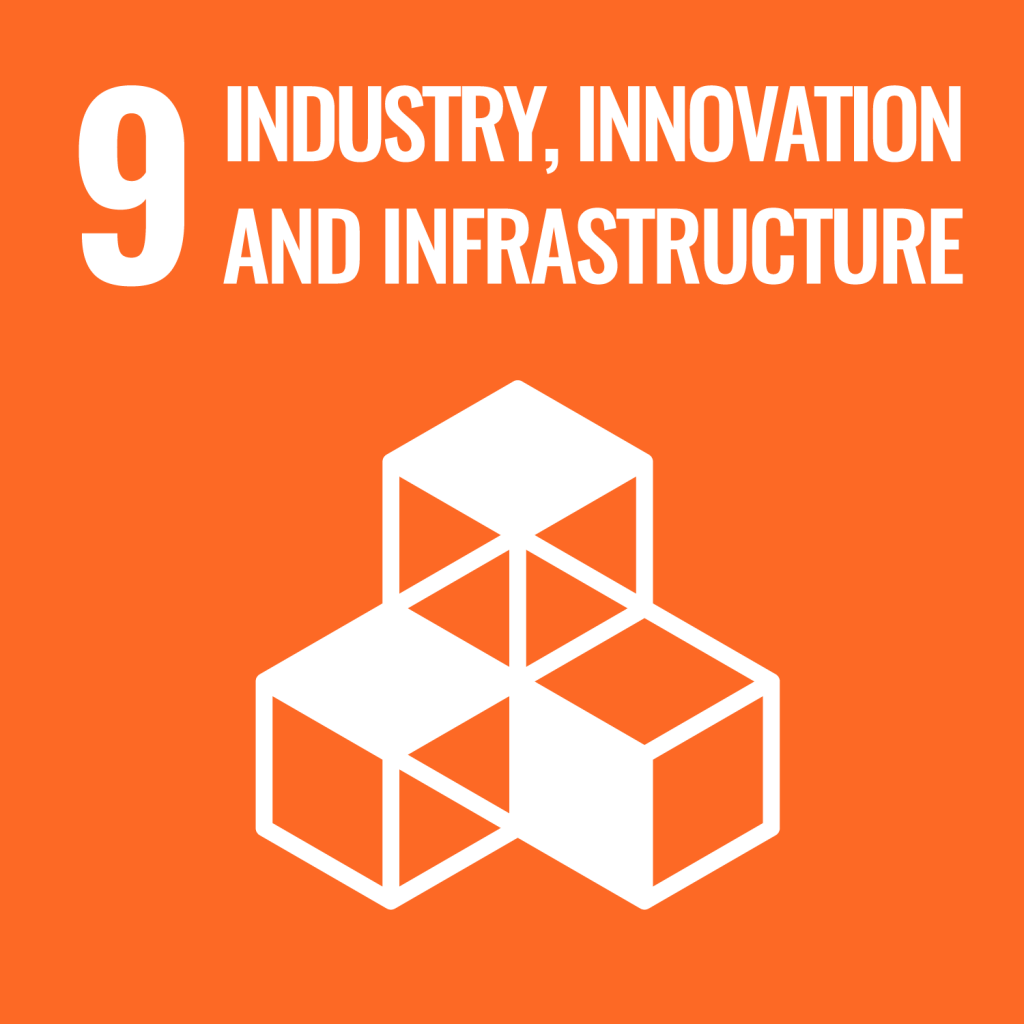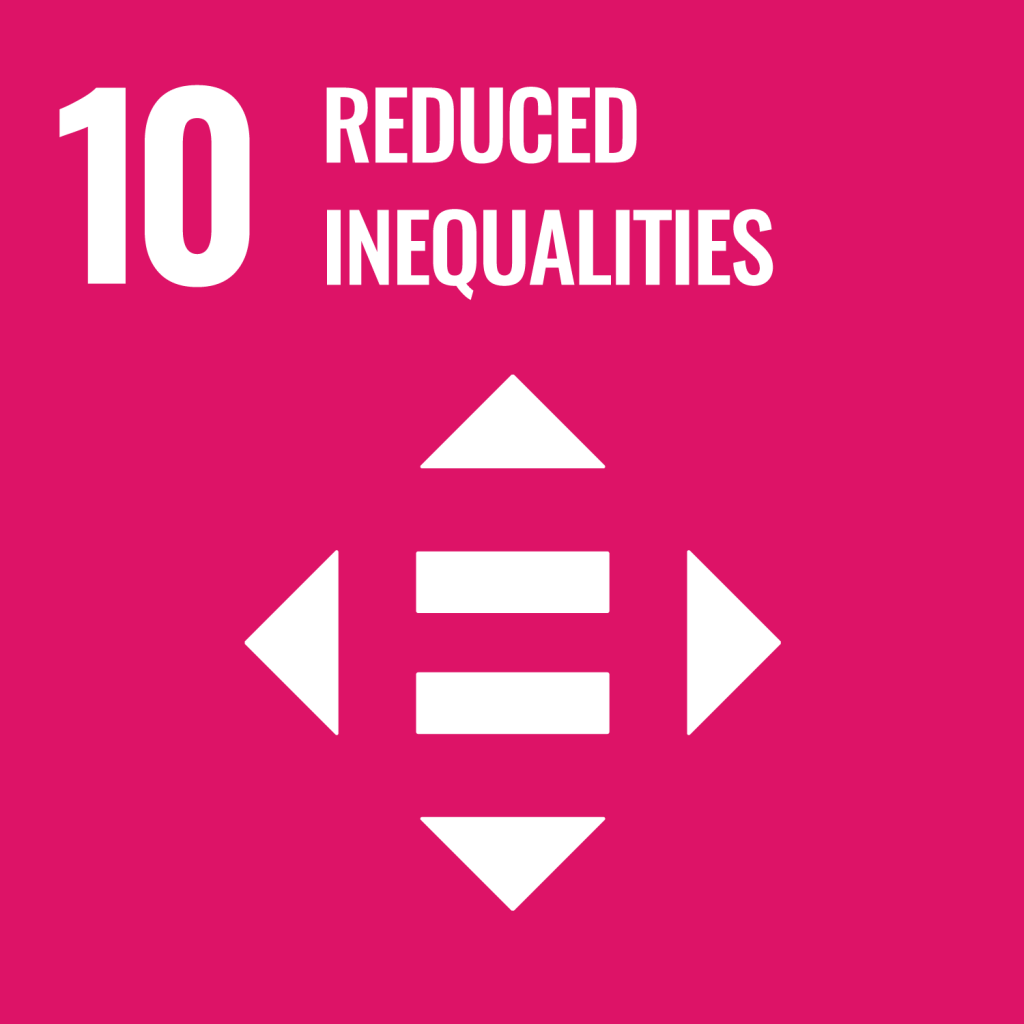Swaniti Model
Institutional reform through policy inputs
Governance reform through technical advisory
Citizen Feedback through Technology Solutions
State
West Bengal
Under the West Bengal Social Protection Project, we work for vulnerable and secluded communities, like tea garden workers, so that they may be provided with all the benefits sanctioned by the state and union government. All interventions are designed in close partnership with district administration and other stakeholders.
Targeted SDGs
State
Maharashtra
Maharashtra is a destination state for millions of unskilled laborers. Our project focuses on supporting the state to build institutional mechanisms and provisions to ensure that vulnerable citizens in both organized and unorganized sectors are covered with the social protection initiatives of the state and the union government
Targeted SDGs
Impact
Social Protection
50K
Lives impacted
02K
Funds Mobilized
Impact
Social Protection
250K
Lives Impacted
50K+
Fund Mobilized
Project Brief
West Bengal
West Bengal social protection project
With more than 4.5 lakh workers (of which 2.62 lakh are permanent workers) engaged in 330 registered big tea gardens spread over Darjeeling (including Kalimpong), Jalpaiguri, Alipurduar and Cooch Behar districts, the tea plantation industry is the largest employer in the formal private sector in West Bengal with Koch Behar being the 4th largest tea producing revenue district of West Bengal. Unfortunately, since 2000, with the rapid closure of many tea estates the plight of the tea industry in West Bengal has increased and thus generating a deprivational impact on the lives and livelihoods of the tea community.
The West Bengal state government has introduced welfare schemes that are applicable in tea gardens such as Kanyashree, Lakshmi Bhandar, Cha Sundari and Manabik among others. Since the benefits of these schemes are all conditional cash transfers, increased access, inclusion, enrollment, and uptake of these schemes will enhance lives and livelihood conditions but the lack of awareness has prevented the benefits from percolating to the intended beneficiaries. In this context, Swaniti is working closely with the district administration to operationalize and strengthen core welfare programs for tea garden workers. By the end of the program, tea garden workers will be expected to have access to public programs through strengthened and improved governance in last mile service delivery.
Swaniti team has been working in four districts of WB – Alipurduar, Coochbehar, Jalpaiguri and Darjeeling. Six Soochnapreneurs have been identified and trained in 6 tea gardens of Alipurduar who have completed a survey of more than 500 workers in tea gardens. This public service survey focuses on the idea of identifying the access and bottlenecks of various state and central government schemes. It also captures various problems workers might be facing in their documents like Aadhar cards, caste certificates, and bank accounts. Swaniti also plans to establish a grievance redressal mechanism in Gram Panchayats where workers can file their complaints.
Project Brief
Maharashtra
Maharashtra social protection project
Maharashtra is home to 3.65 crore unorganized workers across 300 trades and sectors, making it imperative for the state to be at the forefront in the delivery of social protection for these laborers. Swaniti Initiative seeks to work with the Government of Maharashtra in ensuring better social protection for informal laborers and migrant workers in the state. We aim to support the state government of Maharashtra in strengthening systems and programmes to ensure an inclusive and sustainable policy framework, and last mile public service delivery so that maximum people – especially the vulnerable and marginalized laborers – fall under social security nets.
The core aims of the project are:
- 1. Identify gaps and challenges in the existing social protection measures and support the government in strengthening entitlement delivery and policy enforcement.
- 2. Develop actionable recommendations in the form of operational guidelines and an implementation plan for the government.
- 3. Support the government machinery to pilot-test the proposed interventions, build government capacity, track progress, and evaluate the programme efficacy.
The Swaniti team aims to increase social security scheme penetration among workers through specific interventions designed to plug gaps identified in scheme enrolment, payment processing, and availing benefits of the schemes.
This inclusion is expected to be achieved through:
- 1. Better entitlement awareness and knowledge transfer.
- 2. Improved documentation support.
- 3. Timely grievance redressal.
- 4. Incremental modifications to schemes/programs.
Get supported by Swaniti
Get your ideas supported by Swaniti
We support civil society organizations
Let’s Connect

